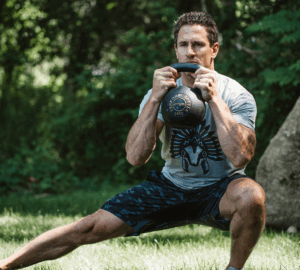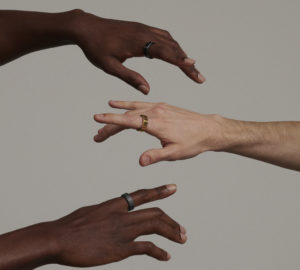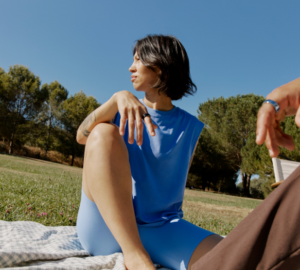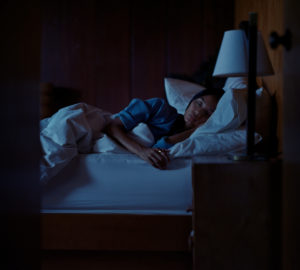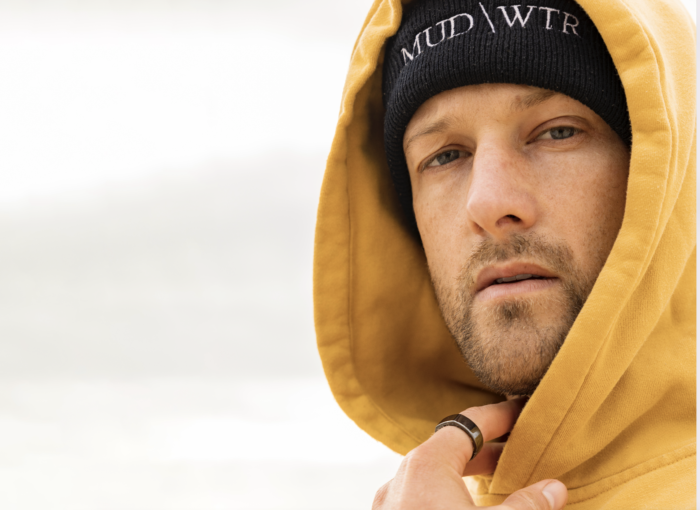Who: Shane Heath, founder and CEO of MUD\WTR, Los Angeles
Surprising Oura insight: Late-night meals greatly affected his resting heart rate and HRV metrics, impacting the overall quality of his sleep
Shane Heath is the founder and CEO of MUD\WTR, a company with products and content that help create healthy minds through healthy habits.
Founded in 2018, MUD\WTR is one of the fastest-growing companies in the U.S. Prior to starting MUD\WTR at age 29, Shane worked as a designer for six years, with experience ranging from agencies and enterprise to co-founding two tech companies of his own.
Today, the California native is a new dad living with his family in Venice, Calif. Outside of MUD\WTR, he is a prolific artist, a brown belt in jiu-jitsu, and a mental health advocate. He regularly practices breathwork, cold exposure, and meditation, and has woven these science-backed wellness practices into MUD\WTR’s company culture.
How did you come up with the idea for MUD\WTR?
After college, I jumped into entrepreneurship. I had a really healthy lifestyle, I was eating well and exercising, but I was working at tech companies that pushed the hustle culture — the “sleep when you’re dead” mentality. I looked at caffeine or coffee as just another thing to help me do more, and do it faster. So I used caffeine to fuel my productivity, but the effects on my mood and sleep took their toll. It started to affect my creativity. Stress doesn’t facilitate creativity.
I started exploring different ingredients that I’d heard about to help me capture my creativity, and that’s when I cooked up “mud.” I called it mud because it looked like mud. [MUD\WTR is a coffee alternative that combines organic ingredients known for their functional benefits.] As I started changing my habits, I met others who felt similar to me: they wanted less anxiety and stress, and realized that coffee could be the problem.
RELATED: The Impact of Caffeine on Sleep
How did you first come across Oura Ring?
I’ve been a big fan of the quantified self for a long time—specifically the idea that what gets measured, matters. So it’s not the sexiest story, but I probably heard about it on a podcast, pretty early on in 2016 or 2017, and was just like, that’s what I need. Last Christmas, I even bought an Oura Ring for each of my parents. It’s been nice to see them test and understand the impact of new habits, especially since my dad has struggled with sleep and specifically sleep apnea.
But I also realized that I wanted to be part of a broader shift away from this culture where sleep, rest, and recovery are considered lazy or not productive. So in addition to having one for myself, I’ve given every employee at MUD\WTR an Oura Ring since early on in my company’s journey. I’ve even gone so far as to adopt sleep as a company KPI, so my company is prioritizing rest collectively.
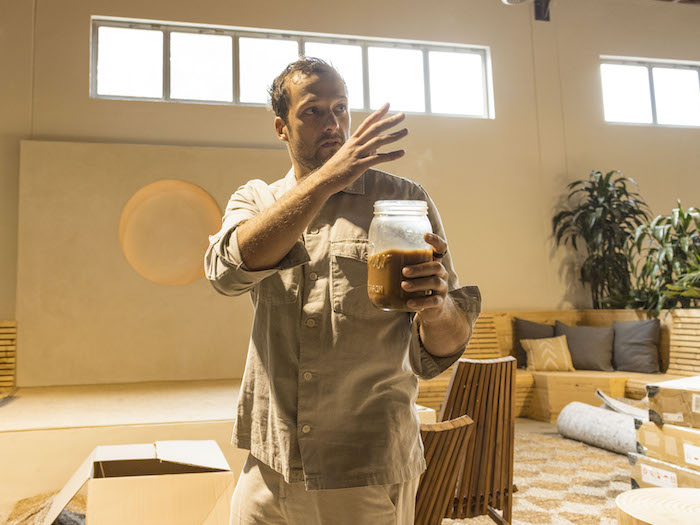
What stopped you from sleeping well? And how have you tried to change that?
The biggest challenge for me was lack of habits or routines in the evenings. I feel like our mornings are generally more intentional, but winding down is a bit more of a crapshoot, whether it’s because of binge watching, working, going out, or eating late.
So now I’ve started to take the idea of routines and intentionality from the morning into the evening. I’m meditating, cutting out late evening phone use, not eating right before I sleep, and getting into bed at a regular time. It’s helped me to trigger my mind to slow down.
What’s the most surprising insight Oura has taught you about your own health?
I never knew how much food affected sleep. You might think that eating right before bed would help us sleep, but that’s not true for me. If I eat really late, my heart rate stays elevated, my heart rate variability seems to drop, and I don’t fall into REM or deep sleep.That was a pretty big learning for me.
LEARN MORE: How Late-Night Meals and Snacks Affect Your Sleep
What’s Your Oura Story?
Everyone’s story is unique, and we’d love to hear yours. Share your story here.
